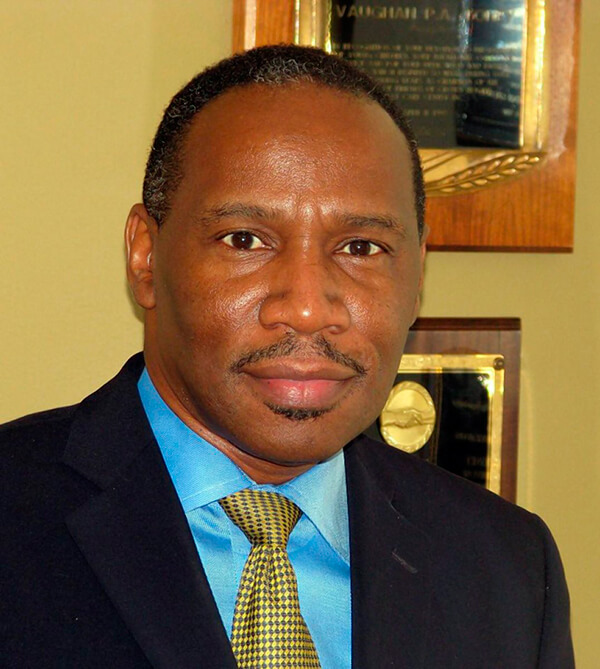Vaughan Toney has been a life long advocate for children. Born in St. Vincent and the Grenadines, he spent his formative years there.
He is president and chief executive officer of The Friends of Crown Heights Educational Centers, Inc., (FOCH), a community-based organization in the New York City. Since 2001, he has presided over the largest expansion of early childhood education services in the history of the 40-year-old organization.
There is now a network of 19 full-service centers in Brooklyn, Manhattan and Staten Island, one of the City’s largest providers of childcare and early education, including universal pre-K and after-school programs.
In a relationship that spans 30 years, he has served in various capacities as a member and former chairman of the Board of Directors.
Toney has also enjoyed a robust career in public service including a combined 14 years in policy in the state legislatures in Albany. He was particularly inspired by State Senator Leonard Stavisky with whom he worked as special assistant.
He says, “In addition to his 34 years of service as a state legislator, Stavisky was a former professor of history and government who brought that unique perspective and expertise to his position as chairman of the Senate Education Committee. And it was he who instilled in me at the earliest stages of my career a lifelong commitment to public service and advocacy.”
Reflecting on life he continues, “It was he who taught me that public service is a sacred calling and the noblest of pursuits.”
Toney left Albany to serve as chief-of-staff for Council Member Una Clarke and then 45th Council District Member Dr. Lloyd Henry.
He is also active in local institutions, churches and political organizations including a member of the board of the Day Care Council of New York and Chair of Tabernacle Day Care Center.
Toney’s latest project is very exciting. With his colleagues and staff, he is spearheading “Bridging the Gap,” an initiative he explains, “that seeks to drastically reduce the word deficit that poor children suffer in the earliest stages of life, relative to more affluent kids.”
The project makes an abundance of children’s books readily accessible for loan or to keep for the parents and children attending the educational centers. Hands-on training for parents to better simulate their children’s interest is also part of the project. “We want to maximize their exposure to the wonder and beauty of words,” Toney says.
























